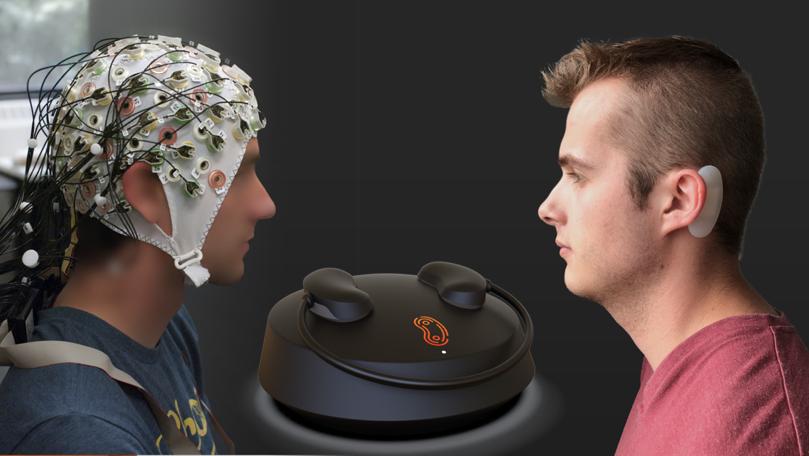MSc thesis project proposal
Energy-efficient seizure detection for wearable EEG
Epilepsy patients are significantly affected in their daily activities and emotional life (fear and anxiety), as epileptic seizures typically occur unexpectedly. They often cause serious complications such as injury or loss of consciousness. A seizure detection device worn in daily life can be of benefit to warn the patients’ caretaker of the occurrence of the seizure, and keep an objective log of the seizures to facilitate a better follow-up and adjust medication. Such a seizure detection device must be small and discrete so that patients can wear it in their daily life. Consequently, traditional multichannel EEG recordings from the scalp measuring the electrical potentials generated in the brain (the gold standard in seizure detection) is impractical. Moreover, the device has to be powered by a small battery for an extended time period, which calls for energy-efficient algorithmic solutions. Therefore, the goal of this thesis is to develop a seizure detection algorithm that makes use of (a) a few (scalp of implanted) EEG channels and (b) operations which may be implemented using time-mode signal processing techniques in an analog circuitry.
Assignment
The thesis work will start with a literature review to study existing seizure detection algorithms on one hand, and to understand the principles of time-mode signal processing (TMSP), on the other. The goal is to define a set of features and a machine learning algorithm that can be implemented using energy-efficient TMSP operations such as sample, multiply and add/accumulate. Within the scope of this thesis, a first software implementation (e.g. using Matlab) of the algorithm will realised. The algorithmic performance will be tested and compared to the state-of-the-art using a benchmark EEG dataset. Optionally, the student can participate in developing and simulating the analog circuitry. If successful, the proposed algorithm may be incorporated into the SeizeIT platform (http://bit.ly/seizeITproject) and tested by epilepsy patients in real life.
Requirements
We are looking for a student from electrical engineering, computer science or biomedical engineering. Experience with signal processing or machine learning is necessary. Good programming skills (in Maltab, or Python, …) are also required. Good understanding of analog/digital circuit design and previous experience with biomedical signals is appreciated.
Contact
dr. Borbála Hunyadi
Signal Processing Systems Group
Department of Microelectronics
Last modified: 2023-08-08
